South Africa Finally Gets its Climate Change Act
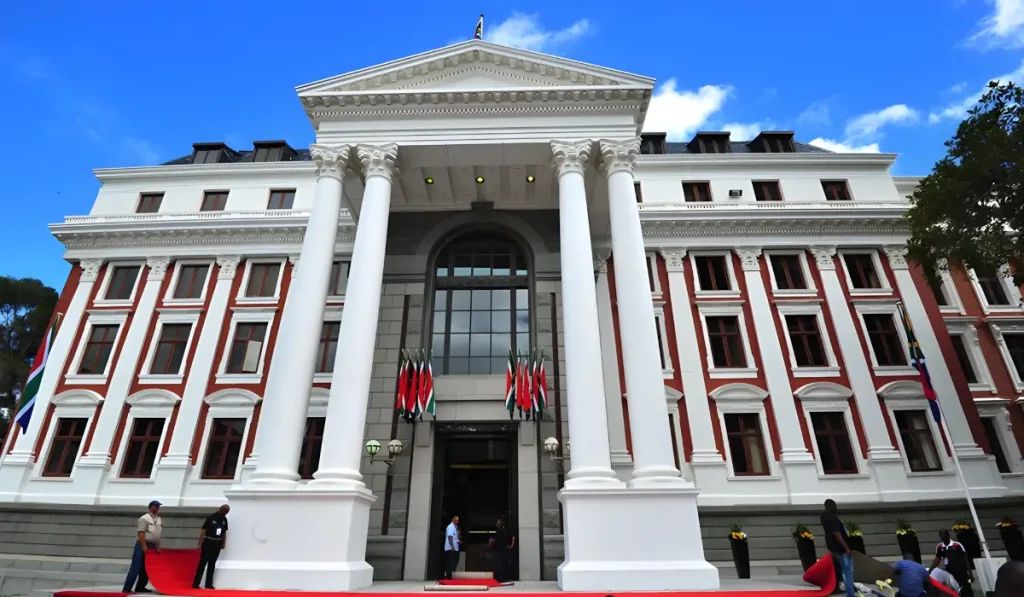
The long awaited Climate Change Act charts a course for the government to implement decade’s old climate policy, and signals to the international community the nation’s commitment to its emissions trajectory and adaptation ambitions.
Tapping Into The Growing Global ESG Bonds Market – Nigeria Punching Below its Weight
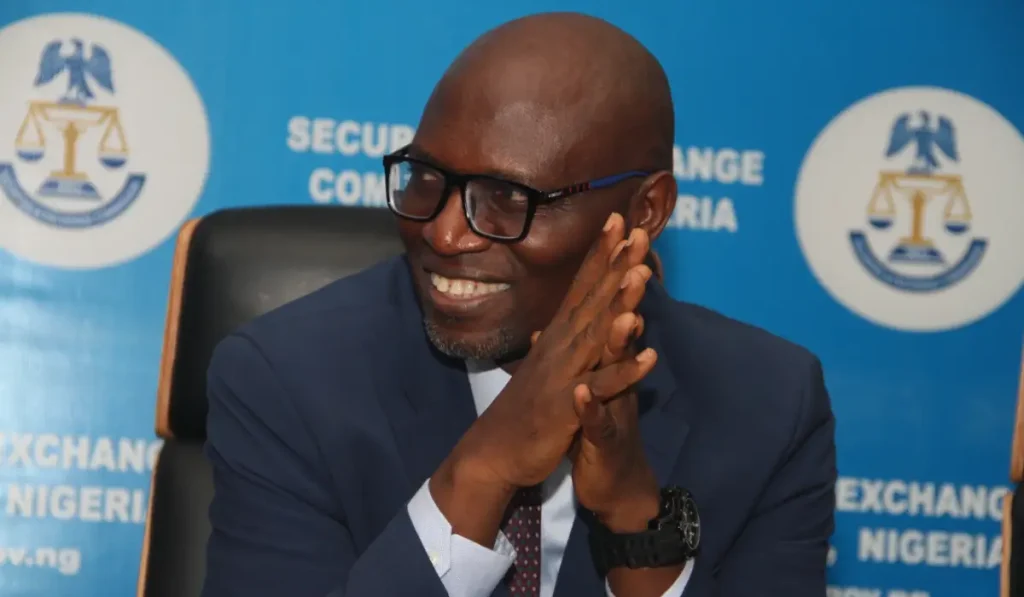
Given the US$ 1.2 billion chasm between the expectations of advanced and developing countries, Africa must find innovative ways to secure the necessary finance for climate action and development. Green bonds offer one means to do so. Nigeria is on a path to expanding its use of green bonds; however, it needs to do a lot more to increase the scale and success of these instruments.
People’s Climate vote calls for greater action on Climate Change

With 19 African countries due to hold general or presidential elections this year, the People’s Vote on Climate Change highlights key priorities that citizens are looking for their governments to address. There is broad support for a transition away from fossil fuels in African countries, and most wanted greater action to avoid extreme weather events.
Getting the Global Goal on Adaptation up and Running
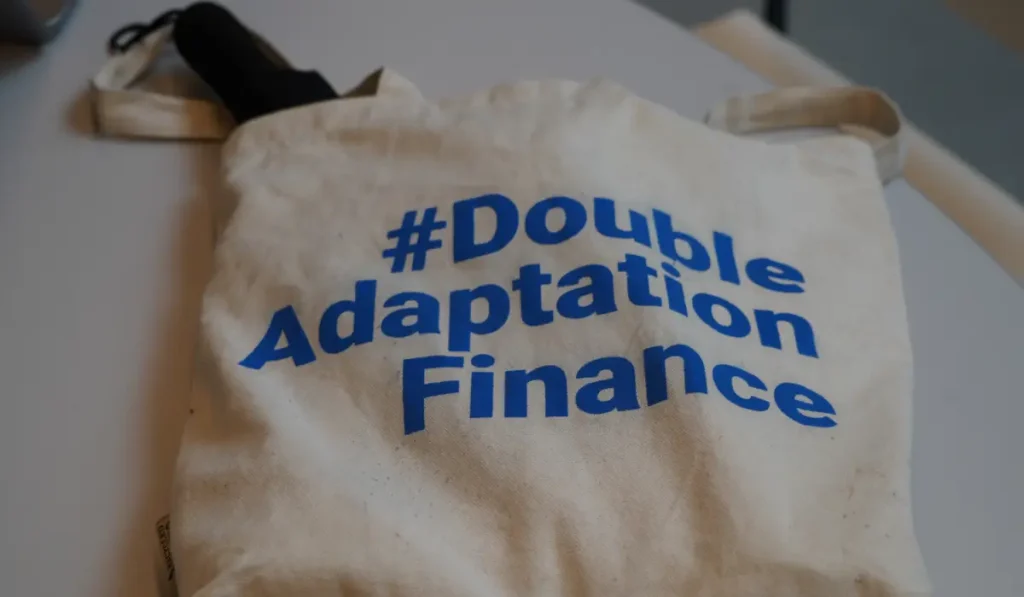
The global goal on adaptation it is wide reaching but disappointingly vague. Recently, countries met to flesh out indicators to measure it, creating an opportunity to craft something more meaningful and useful, that can spur action and channel climate finance where it is needed most.
Making the African Group of Negotiators an agenda setter
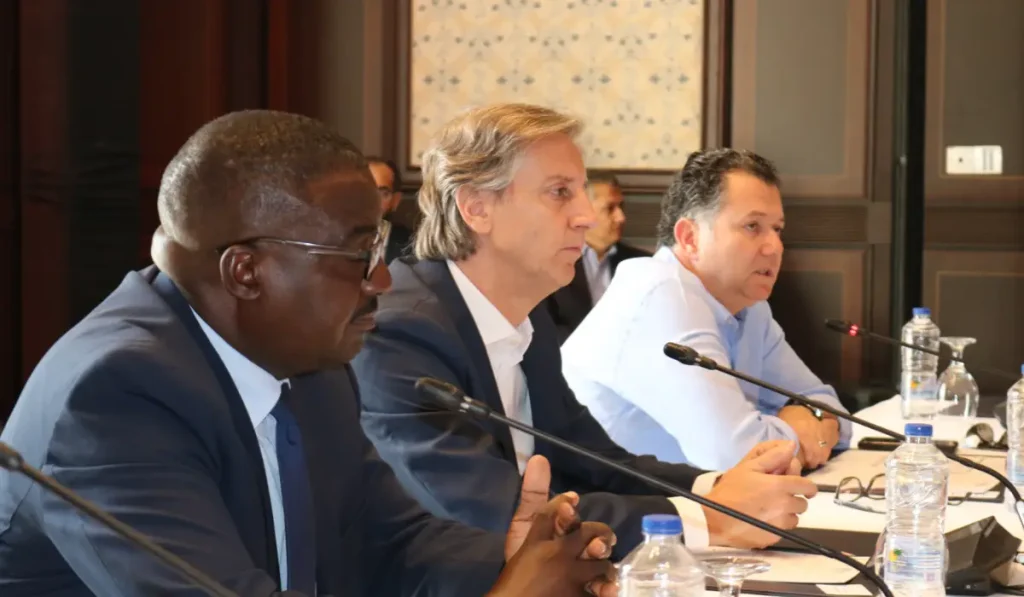
The African Group of Negotiators (AGN) can better position itself among agenda setters by investing its technical resources and diplomatic capital in influencing the climate regime’s institutional features. It should be challenging the system that penalises geographic and economic vulnerability, and should play a leading role in the intersection of human rights and climate change responses. By strengthening ties with the emerging economic powers of the Global South it can advance its agency in the negotiations.
Just Energy Transition for Zimbabwe’s Extractive Sector
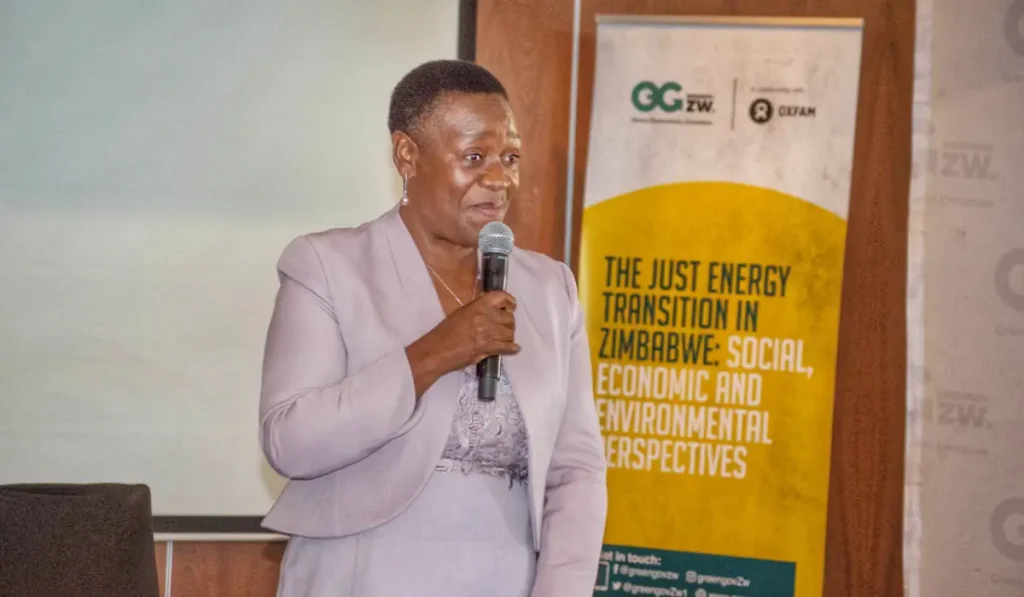
Just Energy Transitions are not only for high emitting countries, they are also for countries with material extractives sectors, such as Zimbabwe. We interviewed Green Governance Africa’s Executive Director Nyasha Frank Mpahlo about the organisation’s work in Zimbabwe’s energy transition and their recent book on the topic.
New Climate Finance Goal: Different Topic, Same Arguments in Colombia

At the most recent meeting on the new climate finance target in Cartagena, countries redrew the same battle lines as last year’s loss and damage fund deliberations around who will pay, when, how much and for what actions. While there was some consensus on the framework for the text of the new goal, we are still very far from consensus on its substance.
Scaling Climate Change Literacy in Africa
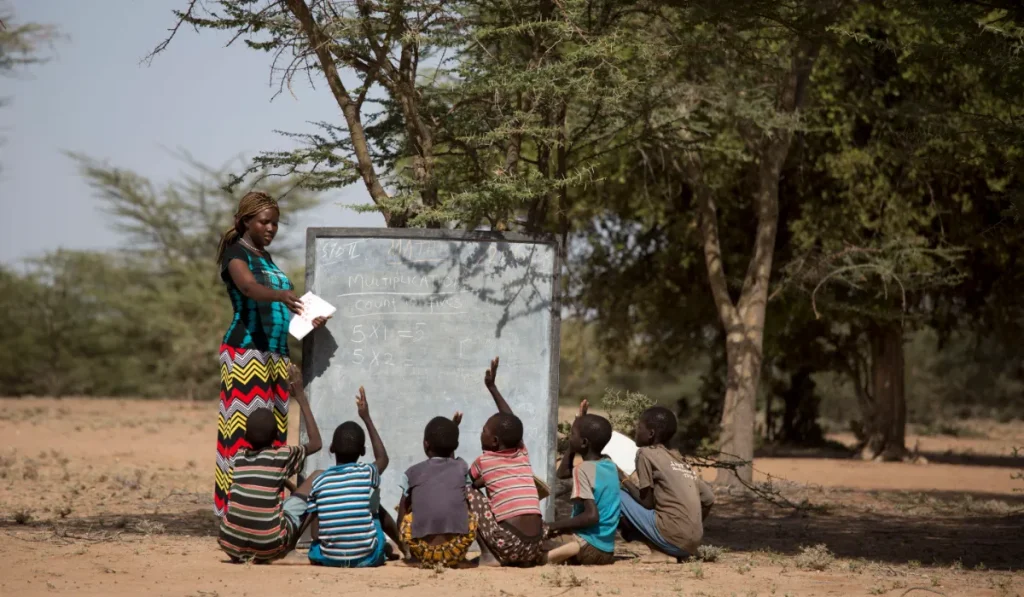
The African public has a low understanding of what climate change is and its cause, with some of the most climate change literate groups currently located in the fossil fuel industry. As part of the African Union’s Education theme for 2024, we need to mainstream climate change literacy into targeted climate- vulnerable sectors and across government policy and decision makers.
The ICJ Climate Liability Opinion: Why Are African Countries So Quiet?

We spoke with Nomasango Masiye Moyo, an attorney at Natural Justice, about the pending request for an advisory opinion from the International Court of Justice on liability for climate change and the relatively muted response by African governments.
African Climate Voices: Greenwatch

Founded in 1995 by leading environmental lawyer Kenneth Kakuru, Greenwatch is a Ugandan environmental rights advocacy organisation. We spoke with Director and Legal Counsel Samantha Atukunda Kakuru Mwesigwa about Greenwatch’s work and the state of climate litigation in Uganda.

